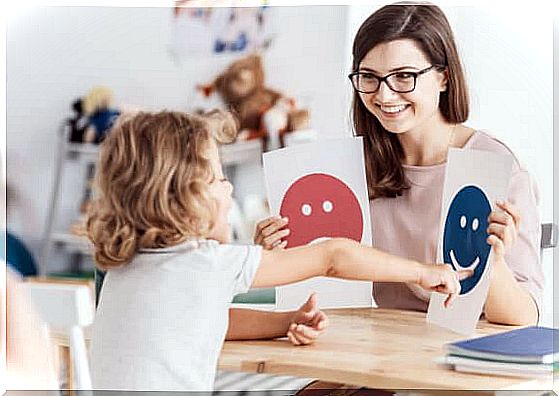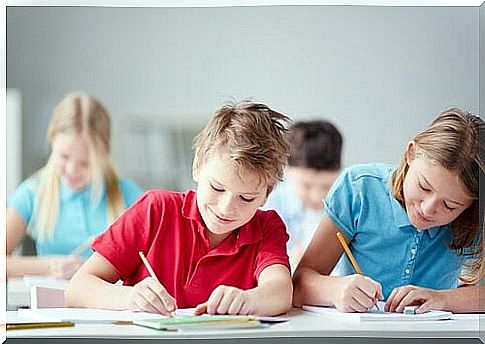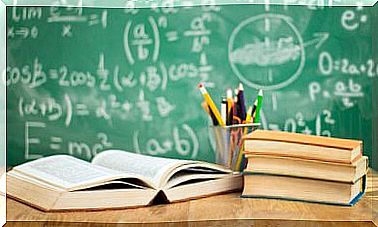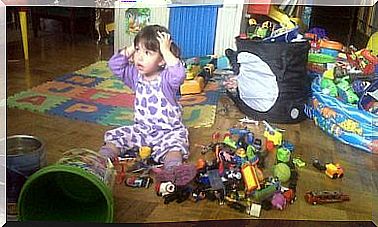What Is Educational Psychology?

It is a science that seeks to optimize the teaching and learning process. Educational psychology deepens the adequacy of educational methods to promote the development of student cognitive skills.
What is educational psychology?
It is a subdiscipline of psychology, the science that studies mental processes and human behavior. Educational psychology, or educational psychology, focuses on the analysis of learning in educational institutions.
The intention is to increase the effectiveness of the teaching and knowledge acquisition process. In a nutshell: it looks at how students learn and develop. Among the objectives of educational psychology, it is included to adapt the study methods to achieve greater effectiveness in the work of each institution.
psychological theories
Educational psychologists develop theories about human development to promote understanding of the learning process. The emphasis is on the way we relate to knowledge, which gave rise to the advances we are currently experiencing.
Jean Piaget: Four Phases
Based on their cognitive ability, children go through four stages. How they manage to develop abstract logical thinking from the age of 11 is one of the theories of Swiss psychologist Jean Piaget. In this sense, it is one of the most influential theories in the field of psychology.

Lev Vygotsky: learning, society and culture
Russian psychologist Lev Vygotsky analyzed how society and culture influence children’s cognitive development. Vygotsky’s studies focused on the behavior patterns assumed by children, depending on the social environment in which they develop.
In addition, he addressed the concepts of learning by scaffolding and the zone of proximal development, both still in force.
Albert Bandura’s social variables
The influence of social variables on the learning process and the context in which they develop was the object of study by Albert Bandura. In this way, he was the creator of the self-concept, or the knowledge that people have of themselves, of their way of being and acting.
Maria Montessori’s paradigms
The pedagogue Maria Montessori presented four pillars for the education of students. His studies were based on the learning environment, the student’s mind, the adult and sensitive periods, ie those in which the child is most likely to learn.
Individualized work
The educational psychologist analyzes the student’s characteristics. In addition, it assesses each student’s differences, which are used to drive their development and learning. Creativity, motivation, communication skills and intelligence are important aspects for this specialist.
Within these aspects, motivation is fundamental, as it makes the student more willing to acquire knowledge. In this sense, it increases interest in learning in the classroom and in performing the corresponding tasks. In short: motivation drives each individual’s life goals.
Learning Disorders
Learning disorders are another focal point of educational psychology. When a student cannot learn in the same way as their peers, the psychologist begins to investigate.
How to treat dyslexia or an attention deficit or hyperactivity disorder will be part of your tasks. Together with the professor, he will plan the appropriate study processes for each case. The idea is to prevent these conditions from affecting the learning of children, adolescents or adults.
Depressive pictures in children, anxiety and problems derived from bullying are also subjects of study for educational psychologists. It applies individualized treatments and, if necessary, promotes curriculum adaptation.

history of educational psychology
Studies linked to educational psychology began in 1880, when the behavior of problematic children was being analyzed. Thus, children’s psychological problems were treated inside and outside the classroom from 1920 onwards. At that time, attention began to be paid to the students’ affective, emotional and social aspects.
In fact, the training of teachers in psychological aspects applied to education began in 1955. At that time, the figure of the educational psychologist and work in educational institutions emerged.
But a change in mentality took place from 1970 onwards, when the educational psychologist began to participate in the development of educational models in private environments and parents’ associations.
It is now clear what educational psychology is. These specialists study the individual student, but also train and advise teachers and students’ families. Certainly your work is decisive for a good development of the teaching and learning process.








